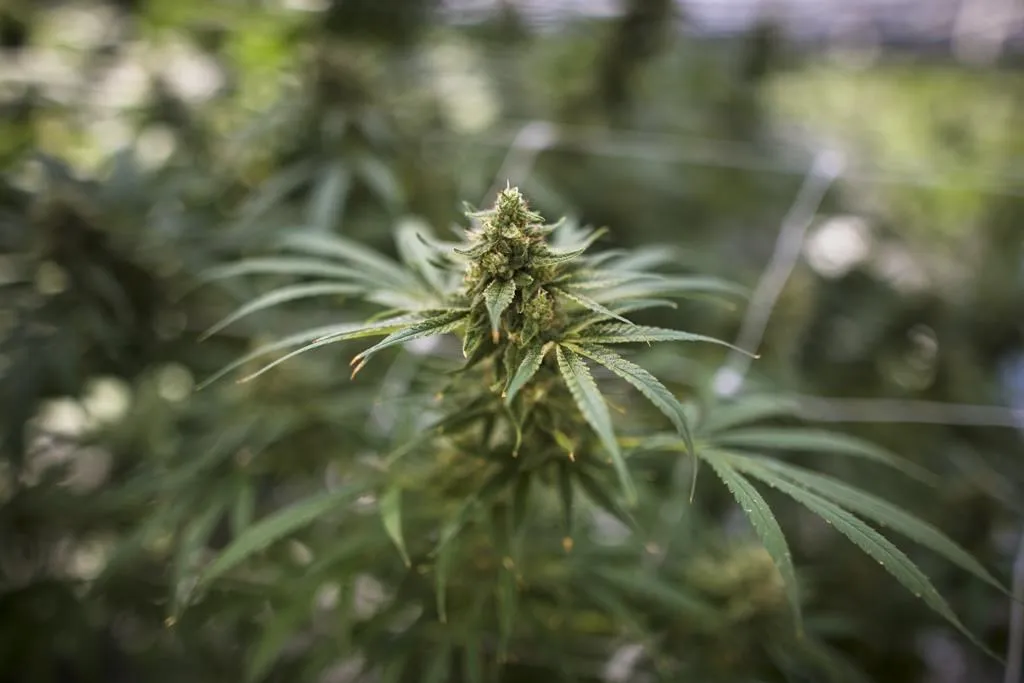Cannabis Legalization in North Carolina
LOS ANGELES- In North Carolina, the path to legalizing recreational cannabis remains uncertain, with recent legislative efforts failing to achieve the necessary bipartisan support. The state’s cautious approach, especially the lack of Republican backing, highlights the political hurdles facing pro-cannabis legislation. Economic considerations are a significant factor in the cannabis legalization debate. Projections suggest that North Carolina could generate over $182 million annually in tax revenues within three years of legalizing cannabis. This potential economic boon mirrors successes in other states where legalization has bolstered state budgets and stimulated job creation. Advocates for legalization propose regulating cannabis similarly to alcohol, with an emphasis on social equity. Plans include utilizing excise tax revenues to fund initiatives like affordable housing and homeownership programs, aiming to use cannabis-related income to address broader societal challenges.
The ongoing prohibition of cannabis in North Carolina has drawn criticism for its inefficiency and the racial disparities it perpetuates in drug-related convictions. Critics argue that prohibition diverts law enforcement resources from more serious crimes and fails to curb widespread cannabis use, evidenced by the fact that half of all Americans have tried it. Any legalization framework would likely grant local governments significant control, allowing them to permit or prohibit cannabis businesses based on community standards and needs. This flexibility would ensure that local preferences are central to regulatory approaches, potentially including rules on onsite consumption and local taxation.
As other states progressively liberalize their cannabis laws, pressure may increase on North Carolina to reconsider its stance. The shifting public opinion, as seen in upcoming ballot initiatives like in Florida, could prompt North Carolina legislators to revisit their positions on cannabis. However, the state’s current political and ideological divisions continue to influence the debate, leaving substantial changes in policy pending. While the economic and social arguments for legalizing cannabis in North Carolina are compelling, the political landscape remains a significant barrier to change. As the national trend moves toward legalization, North Carolina’s future actions will likely be shaped by both internal dynamics and external pressures.



























